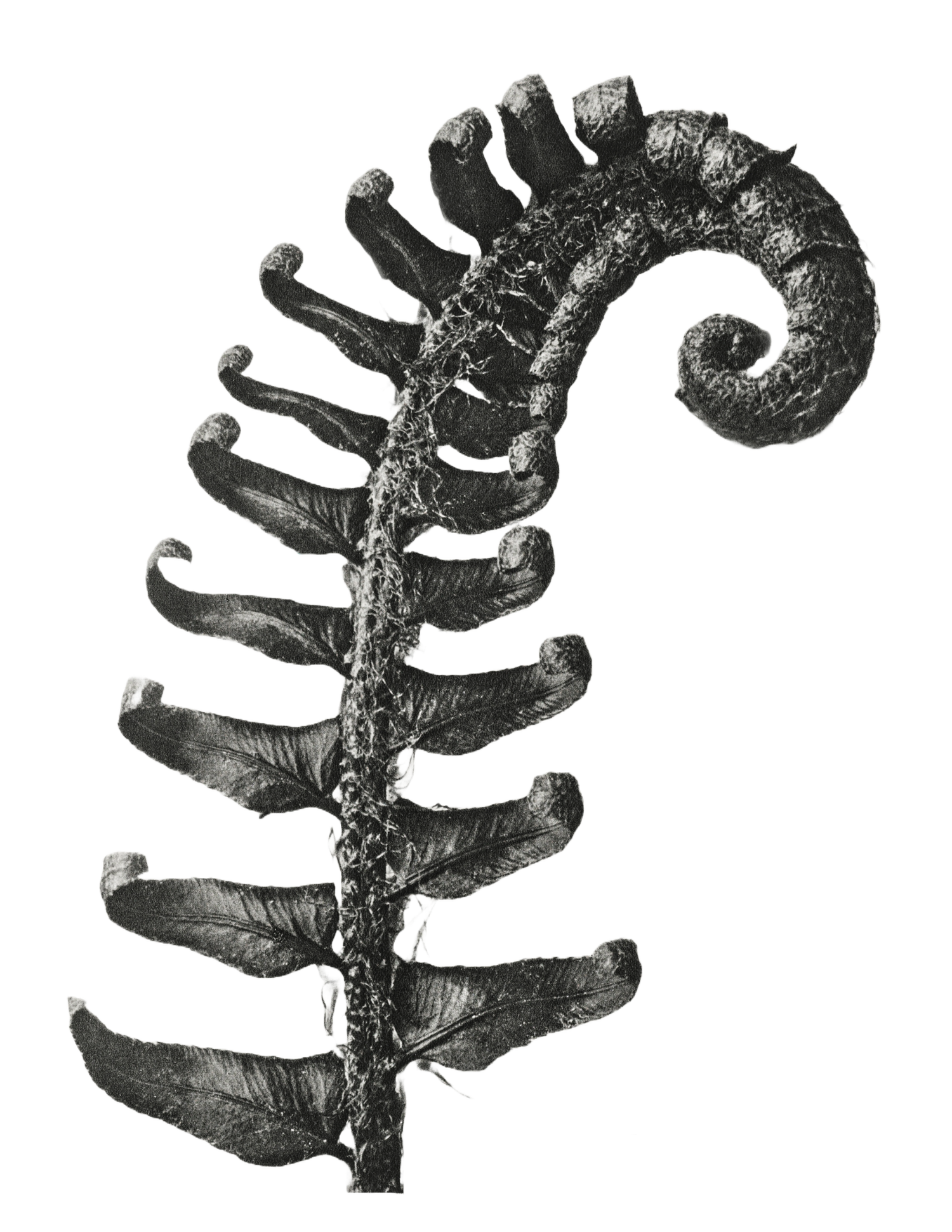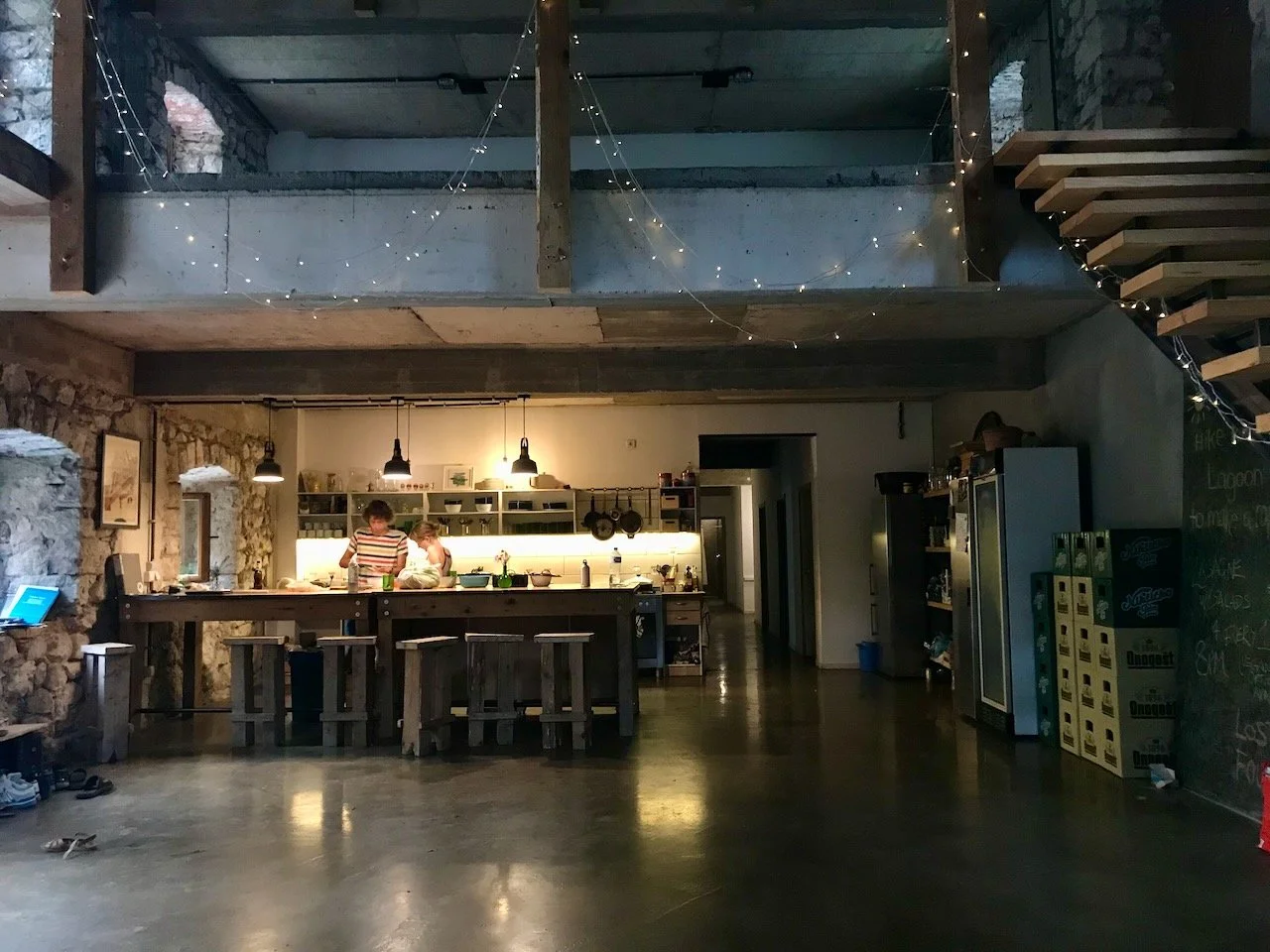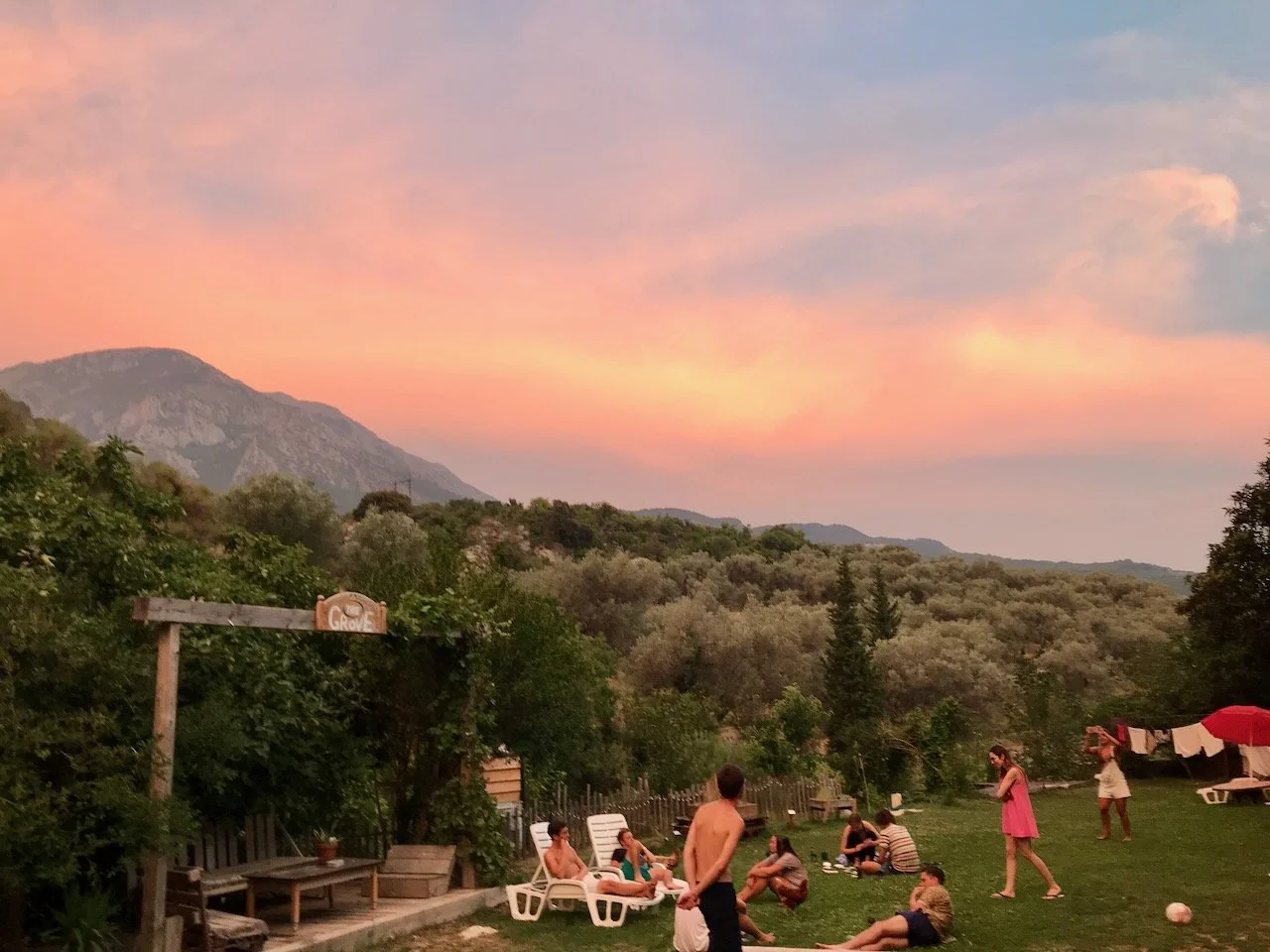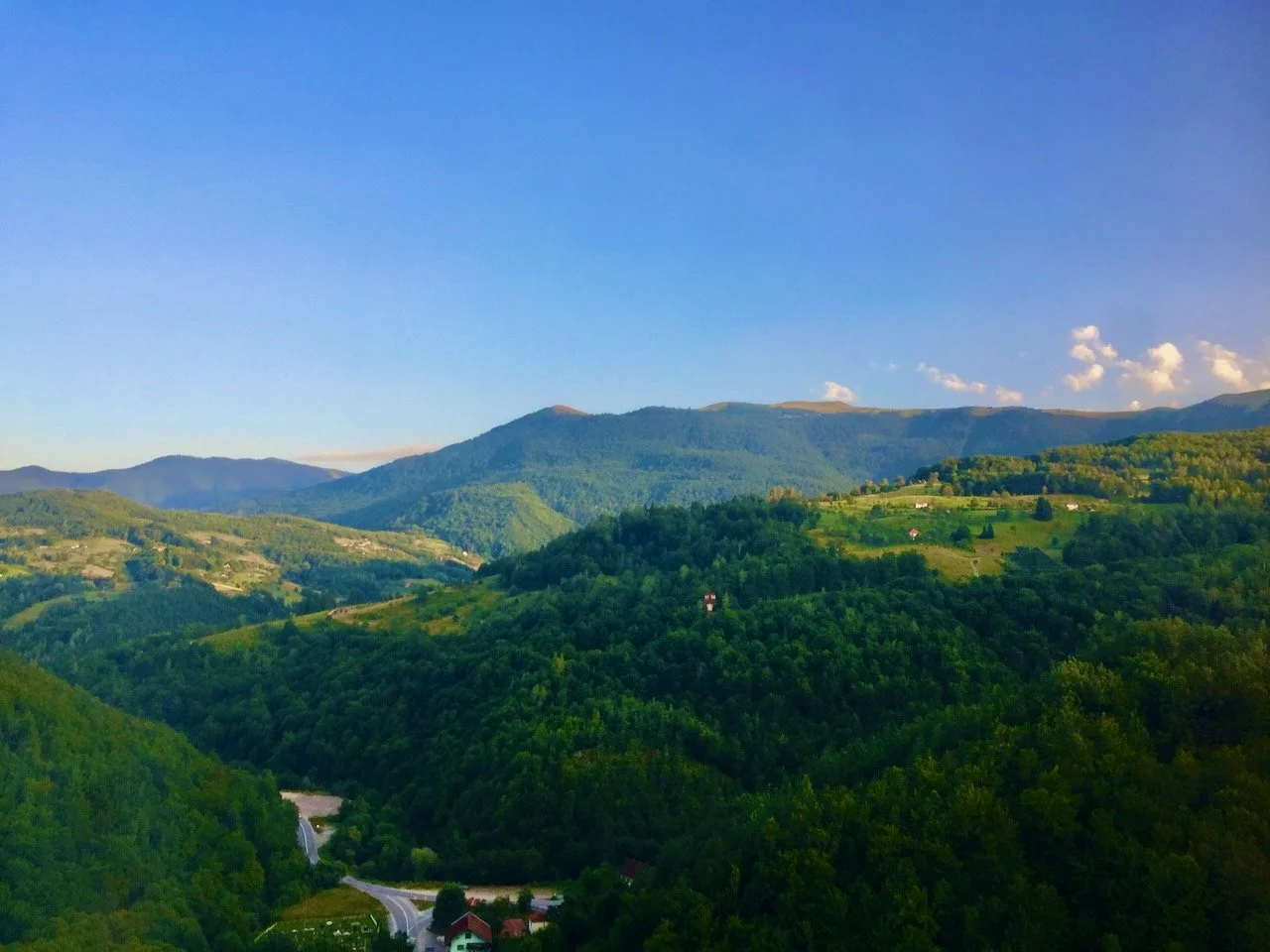Caszh Blast 2 - Short Stories and The Kingdom of the Balkans
Read a book sometime.
As a child I read a lot. One of my first literary loves was Roald Dahl. He is a champion of children’s literature. The Witches, Matilda, BFG, Fantastic Mr. Fox, James and the Giant Peach, and Charlie and the Chocolate Factory are lynchpins of my psyche. When I was reading them as a child I loved them for their creativity and their whimsy, their watercolour and squiggly illustrations. I now realize that the stories in these novels are points of light and optimism in otherwise dark worlds. They repeatedly paint adults and the world at large as untrustworthy, cruel, and selfish, against whose evil ways we must rebel. This was unknown to me at the time.
Some time after reading his works specifically targeted at my age demographic, someone gave me a copy of Roald Dahl’s The Wonderful Story of Henry Sugar And Six More. This 1977 short story collection was one of my first forays into what could reasonably be called literature—real literature, not just that stuff for babies. I was too young to understand many of the themes, but I was taken aback at how this author whose whimsical settings I had grown to love was talking about things that seemed (to me, then) to have happened in real life. The characters in these stories were full of confusion and regret and anger and other mystifying emotions. I re-read this book many times over the course of my childhood but eventually its existence was forgotten, stuffed inside a shoebox and haphazardly thrown into the abject horror that is the underside of a soon-to-be adolescent’s bed.
I stood there listening to the conversation of these human beings. They were discussing the destruction, the consumption and the flavour of a creature who seemed, even when upside down, to be extraordinarily dignified. One thing was certain. He was senior to any of them in age. For probably one hundred and fifty years he had been cruising in the green waters of the West Indies. He was there when George Washington was President of the United States and Napoleon was being clobbered at Waterloo. He would have been a small turtle then, but he was most certainly there.
And now he was here, upside down on the beach, waiting to be sacrificed for soup and steak. He was clearly alarmed by all the noise and the shouting around him. His old wrinkled neck was straining out of its shell, and the great head was twisting this way and that as though searching for someone who would explain the reason for all this ill-treatment.
—Roald Dahl, from The Boy Who Talked with Animals in The Wonderful Story of Henry Sugar And Six More
After absorbing those stories I was ravenous for words on the page. I read Harry Potter as it came out. As the end of the series drew near, the books grew increasingly disturbing for little 7-year-old me. Even though the sixth book gave me nightmares, I still loved it. After that series finished I kept quite a pace, masticating and subsequently devouring novel after novel. My favourite novels/series included Eragon by Christopher Paolini, Ender’s Game by Orson Scott Card, Ready Player One by Ernest Cline (I finished this in one sitting), Pendragon by D.J. MacHale, The Sword of Truth by Terry Goodkind, The Discworld by Terry Pratchett, and the Hyperion Cantos by Dan Simmons. There were many others. Redwall. Eventually I stopped chewing at all, and practised speed-reading.
While in my earlier years I loved novels and long, sprawling sci-fi and fantasy epics, as time went on and the Internet got more narcotically engaging I found my attention span lapsing. I stopped reading as many novels, and started reading Reddit and watching videos on Youtube instead. I could pontificate on the value of video as an educational medium, but for the sake of this little script I’ll just say that I definitely suffered from a lack of cognitive stimulation when I stopped reading books regularly.
Sometime around the age of seventeen (the dark ages (intellectually, not emotionally)) I found a collection of Roald Dahl’s short stories for adults on a shelf somewhere. Nostalgically, I would love to say I found it on a tiny stone-set and sunlit windowsill in the corner of The Grove, a mid-century olive mill-turned-youth hostel nestled in the cragged and sun-bleached hills of Montenegro near the old town. Realistically, I think I had a copy from the library. I seem to remember it still had its spine label on, long overdue.
one side of the common space at The Grove. the aforementioned book nook is on the left. the beer fridge is on the right.
a typical evening in Montenegro.
This book was a world-tilter.
In the storied existence of novels and fiction there have been few which change the world. Upon being written, it’s as if they had always been there—they must have been, right? These books are awe-inspiring. They are mind-opening. They are world-spinners. But there is a subtler kind of writing, one which does not upend civilization as we know it but rather sets one’s life askew so that things gradually roll off the edge. These are world-tilters.
(es) Muchos años después, frente al pelotón de fusilamiento, el coronel Aureliano Buendía había de recordar aquella tarde remota en que su padre lo llevó a conocer el hielo
(en) Many years later, as he faced the firing squad, Colonel Aureliano Buendía was to remember that distant afternoon when his father took him to discover ice.
—Gabriel García Márquez, the opening line from Cien años de solidad (One Hundred Years of Solitude)
If I was taken aback when I read Dahl’s short stories as a child, I was firmly placed on the returns counter of a Walmart by a frugal suburban mother when I read this collection. Talk about a tone shift.
above: an image of the table of contents from Roald Dahl: The Complete Short Stories Collection (Volume One)
In addition to the drastic change in tone and content as compared to his works for children, seventeen-year-old me also enjoyed the brevity of these stories. I was amazed at how efficiently he was able to establish a mood and setting, set up expectations, include seemingly random details, just to dash all of your hopes and dreams at the very last second. His decisions in phrasing, subject, and perspective are stunningly effective.
He took from his pocket a tin of tobacco and a packet of cigarette papers and started to roll a cigarette. I was watching him out of the corner of one eye, and the speed with which he performed this rather difficult operation was incredible. The cigarette was rolled and ready in about five seconds. He ran his tongue along the edge of the paper, stuck it down and popped the cigarette between his lips. Then, as if from nowhere, a lighter appeared in his hand. The lighter flamed. The cigarette was lit. The lighter disappeared. It was altogether a remarkable performance.
"I've never seen anyone roll a cigarette as fast as that, " I said.
“Ah, " he said, taking a deep suck of smoke. "So you noticed.”
"Of course I noticed. It was quite fantastic.”
—Roald Dahl, from The Hitch-hiker in Roald Dahl: The Complete Short Stories Collection (Volume One)
Inspired by the intensity of this style of writing I unglued my eyes from a screen for the first time in years and delved into the world of short stories. My favourite collection, after Roald’s, was After The Quake by Haruki Murikami. As per the Internet Archive, this is “a collection of stories inspired by the January 1995 Kobe earthquake and the poison gas subway attacks two months later which takes place between the two disasters and follows the experiences of people who found their normal lives undone by surreal events”. Aptly described.
Some time later in 2018 I began to attend the University of Ottawa. As part of some kind of bursary or scholarship application, I wrote a short one-page story about my trip to Montenegro the previous year. I’d like to leave you with it. I hope you might see the etch-marks and scars left on my writing by my love for Roald’s stories.
THE KINGDOM OF THE BALKANS
In the still-yawning morning of a Sunday in July, the Belgrade train terminal began to stir. Sweating from the heat, I entered and purchased a one-way ticket to Bar. I left the ticket office and entered the platform. Old men huddled at tiny café tables pouring sugar into their still-steaming espressos. The deep aroma of coffee and cigarettes filled my mind as I, barely awake, stumbled to a table. I dropped my bags and lit a cigarette. Sunlight streamed through the rafters and the cloud of smoke above me, illuminating the earthen hues and roughened edges of the bloc-era station. I ordered an iced coffee and, still stiff from the hostel bed the night before, attempted to relax before the long ride I knew awaited me.
Before long, I heard a Wiccan screeching from the rails. The planks under my feet trembled and the once quiet station leapt into action. Passengers sprung from all corners like mice from their nests, but they didn’t need to. The train came lumbering into view like a continent inching into place. As it approached, I saw that it was in a miserable state of disrepair. The wheels were coated deeply in rust, its sides crumbling to dirt, and when the doors opened I could see the dull grey interior echoing back to Tito’s glory days. I was still admiring the craftsmanship when a whistle blew, so I extinguished my cigarette, left forty dinar on the table, contemplated the sanity of what I was doing, and edged through the animals to board the train.
As we crawled along the dusty countryside, I had plenty of opportunity to get to know my fellow train-mate, Chiaroscuro. He was middle aged, with short salt-and-pepper curls. His eyes were a deep brown and his face was mellow, like someone whose life had been spent smiling. His shirt was of loose linen, his pants rolled. Rugged toes peeked through seasoned sandals. When he spoke, his voice was like perfumed smoke rising gently from incense. He was intoxicating. We talked for several hours before my stomach began to twist and I went to find the dining car.
I entered the car and could barely see or hear. A thick cloud of smoke filled the air and pounding music drowned out my thoughts. Through the haze I saw a group of people laughing and drinking shots of clear liquid. A woman in jean shorts hugging her waist sat on the bar by a tall, lean man who poured her another drink. The windows were wide and presumably bright, but I couldn’t see past the smoke. I bought a drink, lit a cigarette and began a loud conversation with some of the group. They had started to drink as soon as they got on the train, and I intended to join them. The hours melted away as I descended deeper into a drunken haze. In my stupor I glanced over to a dark corner of the car where I saw Chiaroscuro in his white linen inhaling deeply from a cigarette. I turned and saw light shining from the windows on the other side. I stumbled over and collapsed into a booth where I put my head into my hands and fell asleep.
I awoke with a bang when the lean man from the bar slammed his hands on the table. “No sleeping!” he yelled. Panicking, I apologized. The car was pitch black. My ears were overcome with the interminable roaring of the train, the smell of tobacco and liquor coated my nose and throat like black tar, and the carriage was shuddering back and forth uncontrollably.
And then, all of a sudden, there was light.
We exited the tunnel and colour exploded through the glass. Greens, blues, and the violet sky poured from the window like masses of animals; macaws, wildebeest, hyenas, and the mighty lion, roaring with unparalleled majesty. Ancient trees with great arterial trunks stood like giants among swathes of emerald ferns. The sun peered out behind the black slopes of a faraway mountain to witness the Kingdom of the Balkans.




